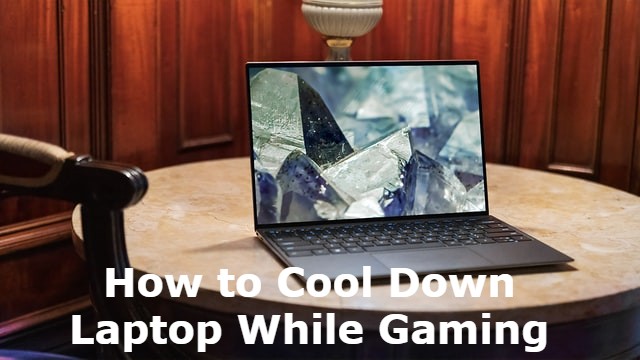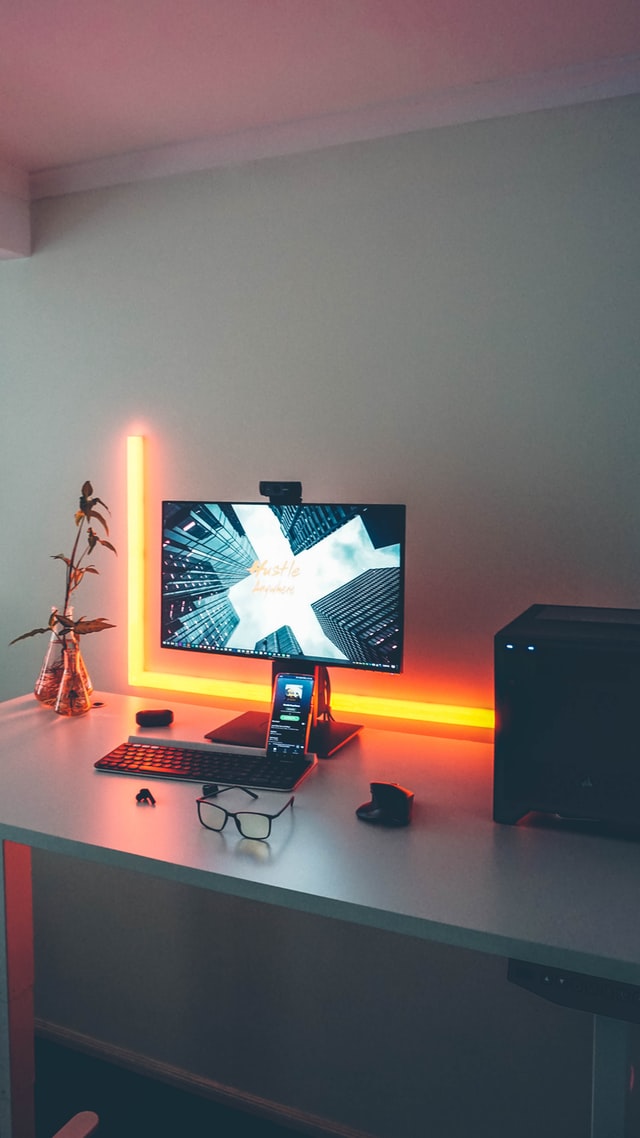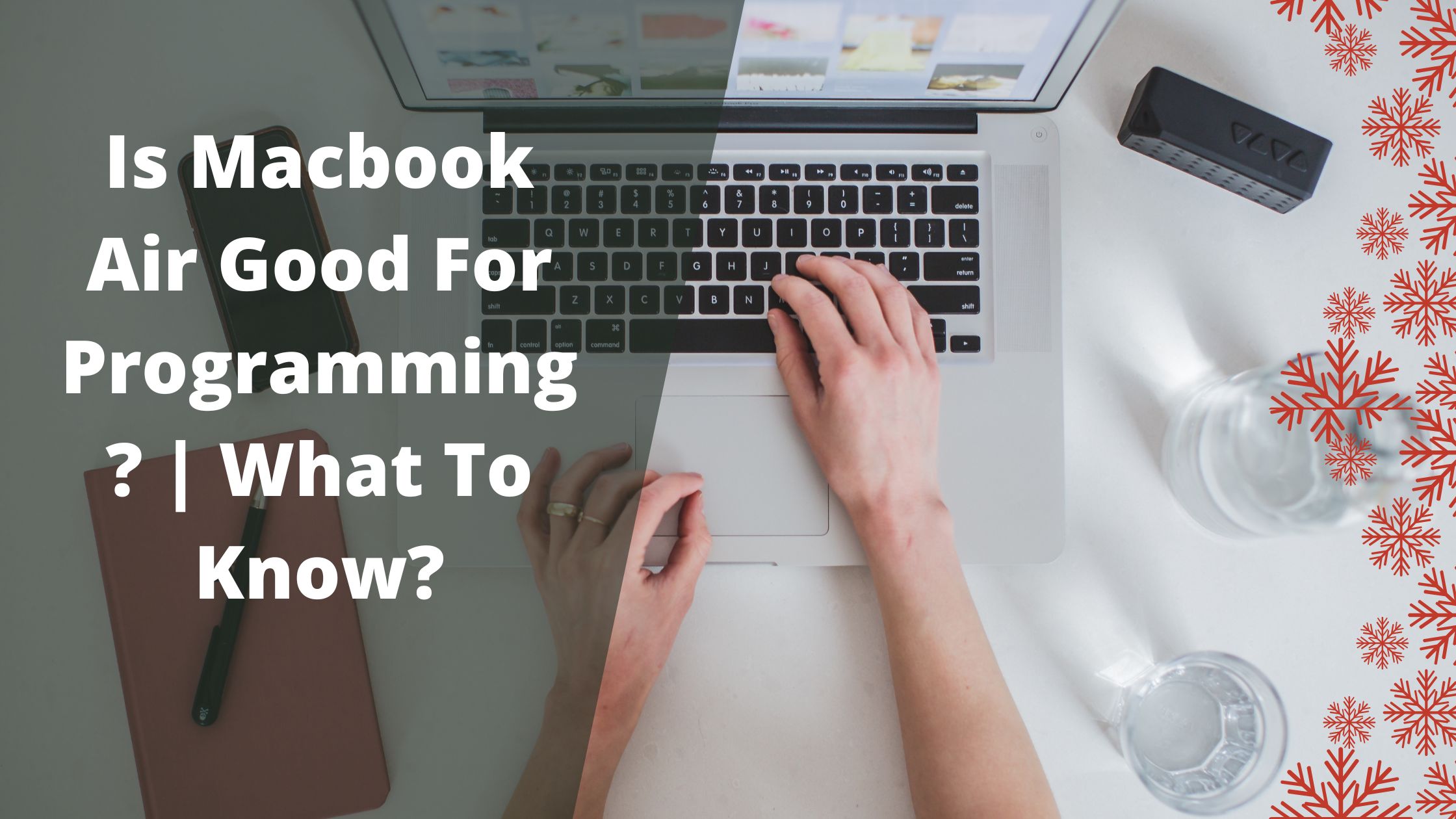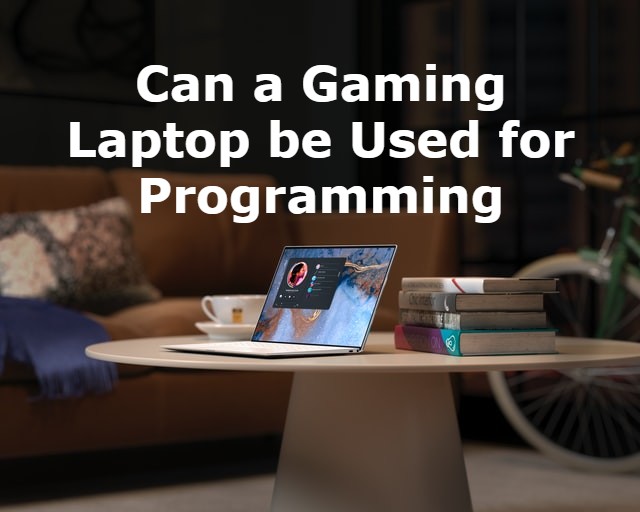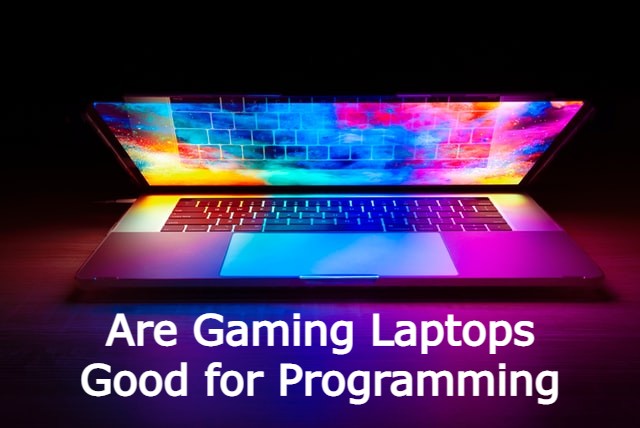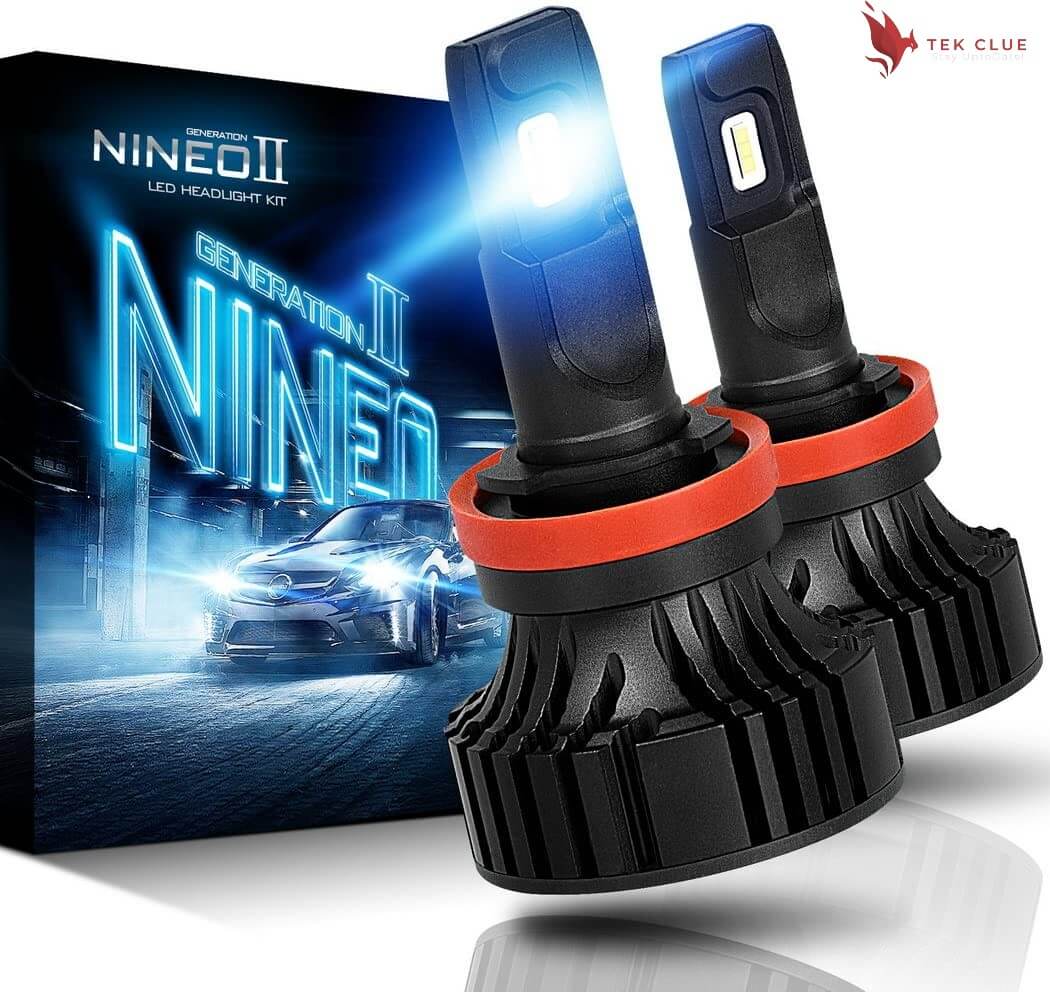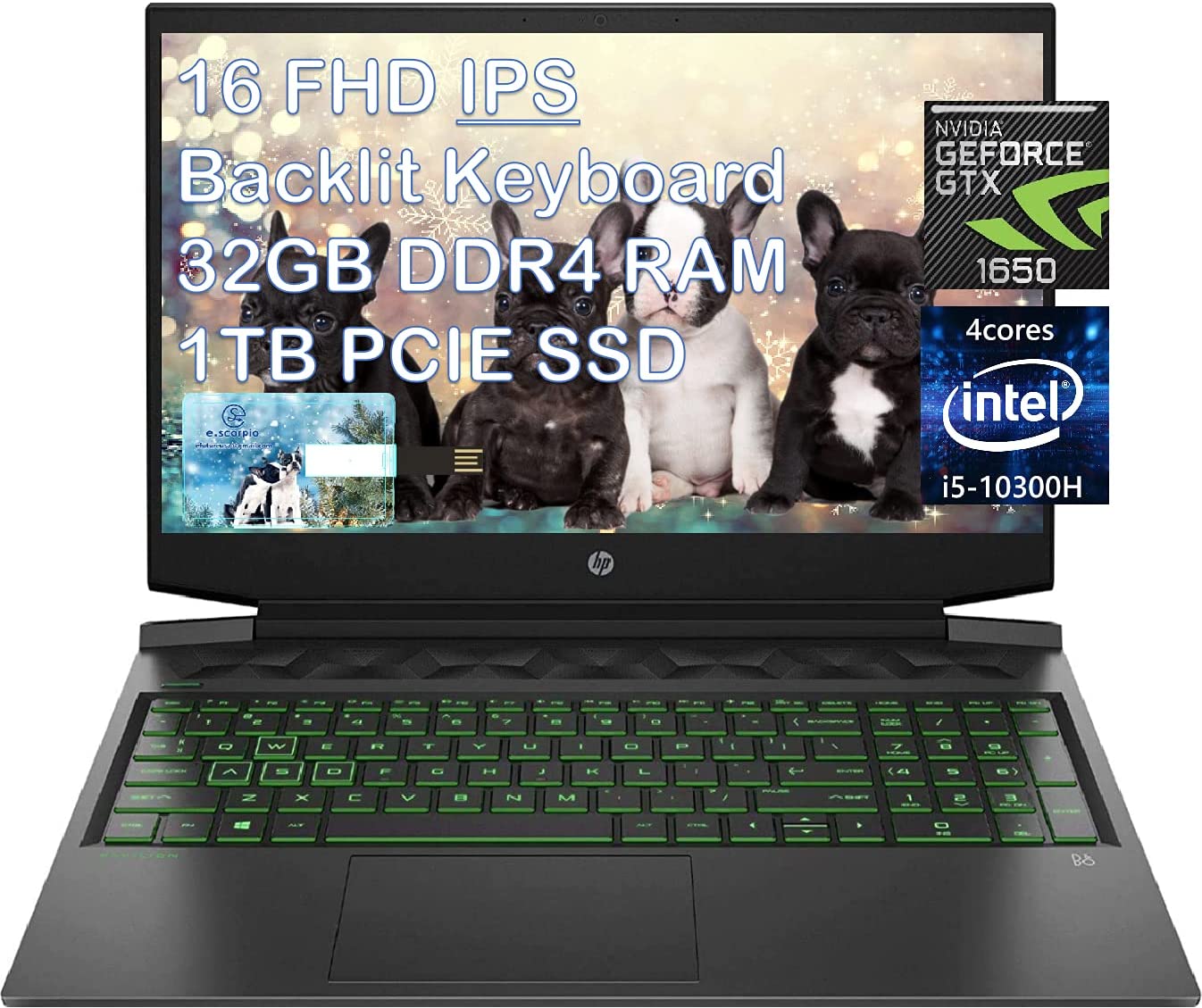- Is Your Laptop Getting Too Hot? ( How to Cool Down Laptop While Gaming )
- Tips and Tricks to Cool Down Laptop While Gaming ( How to Cool Down Laptop While Gaming )
- Tip# 001 ( How to Cool Down Laptop While Gaming )
- Tip# 002
- Tip# 003
- Tip# 004
- Tip# 005
- Tip# 006
- Tip# 007 ( How to Cool Down Laptop While Gaming )
- Tip# 008
- Conclusion
Do you ever feel that your laptop is getting too hot while gaming? Well, this blog post will teach you How to Cool Down Laptop While Gaming, so it’s not as uncomfortable to use. This article talks about the best ways to keep a computer from overheating by including tips and tricks for cooling it down. It also consists of an infographic showing what temperatures are considered safe for laptops and what happens when they exceed those temperatures.
You may also like Are Gaming Laptops Good for Programming
Can’t keep your laptop cool? Overheating can reduce both, performance and lifespan of the device. Luckily there are some easy steps you need to follow for it not to overheat! In our guide, we will go over what kind of gamers are experiencing this problem. And how they should fix the issue with their gaming computer so that it’s always performing at top efficiency no matter where they are on earth – even if that’s inside a cave-dwelling barbaric raider
Is Your Laptop Getting Too Hot? ( How to Cool Down Laptop While Gaming )
Laptops are great for on-the-day commuting, but they also come with the risk of overheating. Suppose your laptop starts getting noticeably warmer, and you notice that its fan is spinning faster than usual when browsing or watching videos. In that case, there’s a high probability that it may be time to look into an overheating issue. Another sign could be FPS drops in computationally intensive applications such as gaming.
Suppose these happen regularly without any explanation given by other programs running simultaneously. In that case, this can also point out some serious problems going unnoticed – including excessive heat from poor ventilation within system units themselves.
There is no surer sign of a hot computer than higher power consumption. While hardware components running at high temperatures will draw more electricity, even an increase in their usual usage can be an indication you need to cool down your system.
When it comes to gaming laptops, there’s a delicate balance between performance and temperature. While 130 degrees Fahrenheit (55 Celsius) is the normal range for CPUs in non-gaming systems, you want your laptop GPU below 110° F (45 °C).
This way, if an overheating incident does occur – which can happen when excess heat buildup causes hardware components such as graphics cards or venting solutions not designed for sustained high workloads. Then at least one part of these computers will be able to slow down enough before quitting on its own accord.
The good news about all this technical talk? You don’t have anything else happening while using Windows 10, so everything should go relatively smoothly.
Tips and Tricks to Cool Down Laptop While Gaming ( How to Cool Down Laptop While Gaming )
The best tips and tricks for you to use if your gaming laptop gets too hot are so that you can play all of those favorite games with ease. Many different ways are overheating can be combated, from the hardware level or even at the software level, by running specific processes less often – but no matter what method is chosen, it should always end in lower temperatures.
Tip# 001 ( How to Cool Down Laptop While Gaming )
It would be best if you never used a laptop on the bed because it can cause damage. If you want to keep your computer cool and function properly, always have it on something solid such as an office desk or dining room table with carpeting beneath for good ventilation. Even if that means moving away from high-performance applications like 3D modeling, softer surfaces may be best suited due to their ability to withstand. Some wear and tear without getting scratches quickly, plus these types will stay put instead of sliding around all over during operation, thus preventing any interference issues while working.
Tip# 002
There are two ways to keep your laptop cool: using a cooling pad with external fans or just placing it on its side and connecting it via USB. It’s essential that you first see what kind of airflow your device has before deciding which method works best for you.
Tip# 003
The first step in preventing your system from overheating should always be to check the fans. Many cooling fan modules are installed in modern gaming systems, which provide adequate airflow and ventilation throughout the entire device – if one fails, then performance will suffer significantly! You can also use the tools above to check whether all fans still work correctly; they show you what speeds or RPMs each respective type provides at its peak capacity (which could help inform possible replacement).
You may also like Best 2-in-1 Laptop – Convertible Laptop
If you notice that your fans are making noises, or not at all, while the laptop is being used under heavy load, then there’s a possibility it could be defective. The two other signs of this happening would be rattling.
Total silence from them when overheating occurs due to excessive heat generated by components inside failing early during use in some cases such as poor quality power supplies that do not have enough wattage output for their needs causing increased levels within themselves leading quickly towards failure without warning. So they can no longer handle what comes into contact with them, which will cause further damage until finally shutting down completely.
Tip# 004
Cleaning out your laptop can be a tedious and time-consuming task, but it’s worth the trouble to maintain optimal performance. When dust starts forming on cooling fins or ventilation grilles of an old computer with little use over long periods – like up until when you were storing for winter–this has terrible effects on how well they cool down effectively so that hot spots are avoided at all costs!
Failing this step often leads to reduced heat transfer rates, which increases temperatures within certain areas; it’ll also likely arise from increased difficulty. Since some components may never get their required airflow due to insufficient fresh air circulation around them, either inside case fans.
Tip# 005
If you’re experiencing any issues with your laptop, it might be a good idea to change the thermal grease. If no problems are accessing or unscrewing the CPU cooler on older systems, this step can also help reduce the temperature by up-to-5 degrees Celsius.
But remember that if things get technical (as they likely will), make sure someone knows what kind of replacement paste would work best for their system before going ahead–you don’t want anything wrong ending up in someone’s hands who don’t know how to use it properly.
Tip# 006
You may think that installing an SSD on your laptop is just a waste of money, but you’ll be surprised to know how much cooler it can make the device. If more files are being worked on at once by both RAM and hard drive, less electricity will need to move them between these parts as often because they don’t have to send any data back and forth. More buses mean better performance, so with higher bus frequency comes lower temperatures for laptops.
Tip# 007 ( How to Cool Down Laptop While Gaming )
You should be aware that programs running on your computer are directly linked to its load. If you have high-performance applications such as games, it’s best to quit other unnecessary tasks so that these programs can stay up and running smoothly without any problems from time to time.
One way for gamers is by using task manager windows that show what program(s) take up most resources if someone wants them gone ASAP.
Tip# 008
A gaming PC is a powerful machine. It can be challenging to keep your system cool while playing games. Especially if you’re running high-performance features such as anti-aliasing and shadow calculation that generate lots of heat when applied simultaneously for extended periods or even on occasion during gameplay, this could cause it to exceed 60 FPS in some cases.
You may also like 7 Best Laptop Cooling Pads to save your device from damage
A better option may also include setting frame limits so older titles don’t take up all available resources with their requirement beyond meet minimum requirements (e.g., refresh rates) across multiple monitors. However, V sync should always remain enabled since framerate limitations will occur anyway due to limitless screen rate disabled by hardware driver restrictions first.
Conclusion
There is a reason why laptop cooling systems are so complex. They’re made to be customized for each machine and the environment it operates in, which means that trying to overclock your own graphics card with an external cooler or futzing around underneath heat sinks could potentially fry parts of your system if not handled properly. Not just financially but also from expertise on what type (fluid) cooling medium works best when applied where. For this, I would recommend consulting someone who knows their way around laptops before taking any risks at all, whether a friend/family member experienced tech-user themselves or expert service provider hired through local computer repair shop chain instead seeking help.
Please don’t give up on your laptop yet! If nothing has helped, there may be a defect in one of the hardware parts. Contacting the manufacturer can’t hurt, and they should know about this issue already because it’s common for them to see many people with similar laptops having these problems at once- so that means you will get additional tips tailored explicitly towards solving whatever problem yours is trying resolve as well as insight into other techniques/steps which might assist with resolving any future conflicts too (if needed).

